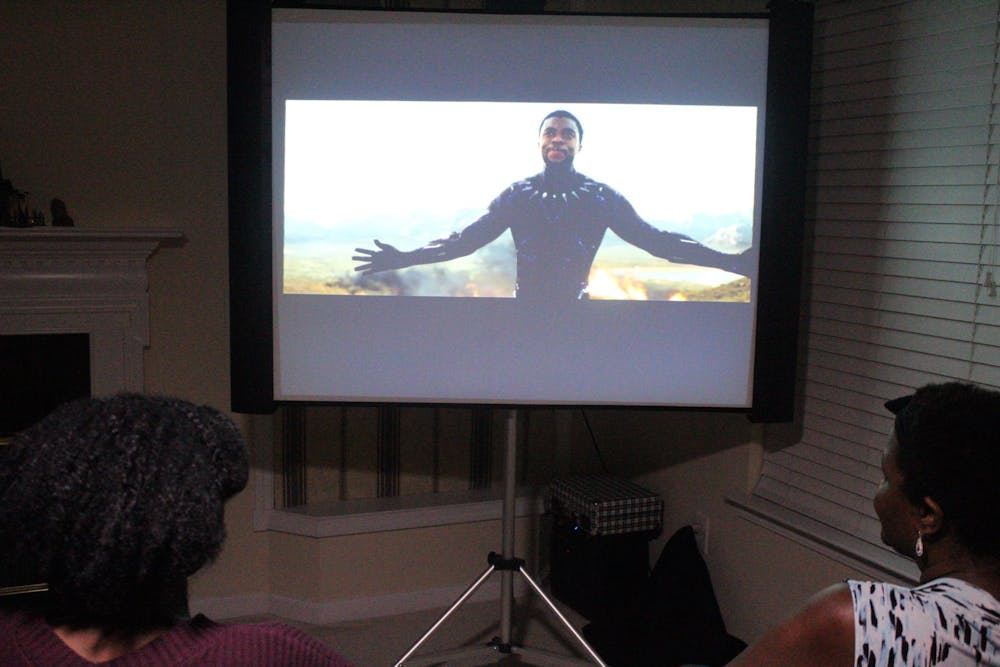Around the world, people mourned the death of actor Chadwick Boseman when he lost his battle to colon cancer last Friday. The impact he left on the Black community from characters he played such as T’Challa in "Black Panther" and Jackie Robinson in "42" gave an insight to what being Black and heroic means on screen and throughout life.
Throughout Boseman’s career as an actor, his passion met his purpose in his portrayals of Black heroes and legends.
Samuel Gates, a professional actor and professor of acting at UNC, said Boseman’s legacy as an actor will be reinforced in the future as people look at his work to educate themselves on Blackness.
“He brought his consciousness; his Black consciousness to work,” Gates said. “And he invested in it, he made sure that his work was infused with that.”
Boseman showed the depth and complexities of the Black identity and the Black experience through his work. He used his craft as a vehicle to deliver stories of Black triumph and resilience. In a time when positive Black imagery in mainstream outlets is sparse, Boseman used his gift to educate, empower and change the negative rhetoric around the Black experience.
His portrayal of T’Challa in "Black Panther" was one that showed to have the most profound impact on the Black community. For Black people, going to see a Black superhero on-screen was more than just a typical movie-going-experience; it was a celebration of Blackness.
Black people rolled out our own red carpets as we proudly strode into the theaters decked out in our freshest Dashikis and pro-Black garb, rocking our natural tresses and sporting inerasable smiles.
Christopher Tofade, a Black student at UNC, said that as an African American with a Nigerian background, Boseman’s role strongly resonated with him.
“It symbolized a lot of things that people say that a Black man can’t be,” Tofade said. “Wealthy, powerful, respectable, you know, kings.”



